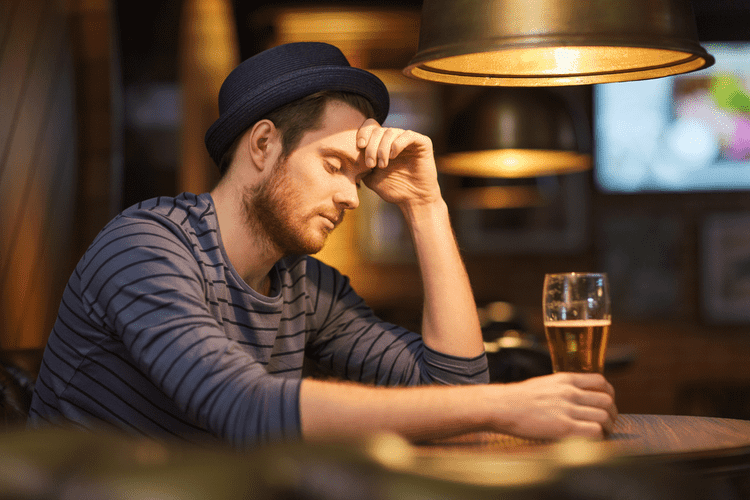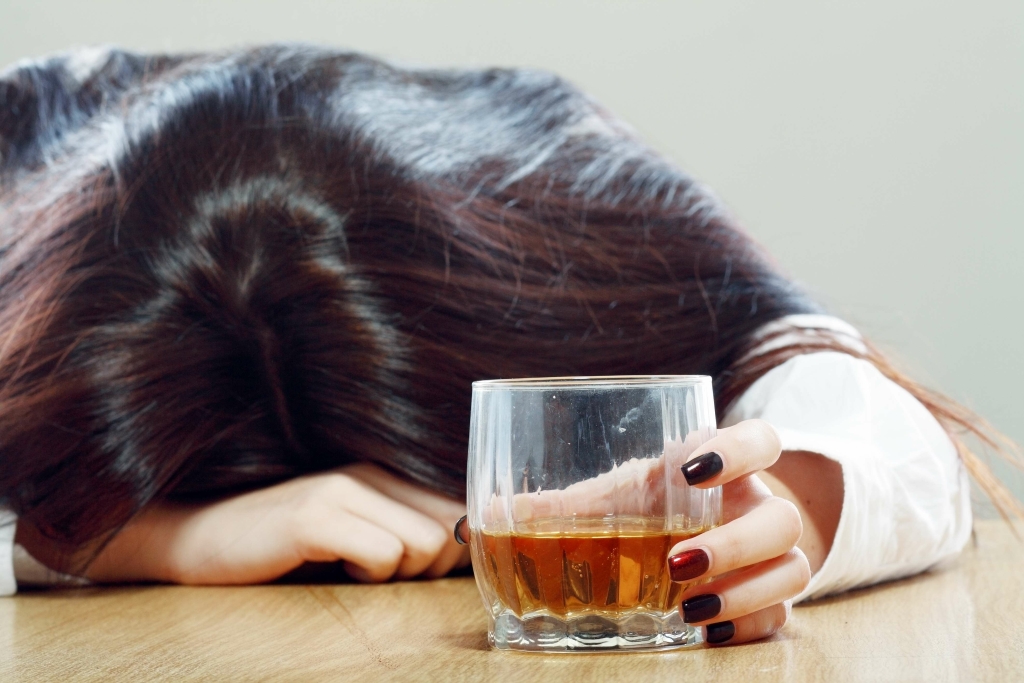Regardless of the reason and nature of these arguments, ongoing conflict about alcohol can lead to breakdowns in communication and ongoing relationship problems. At this point, open communication and understanding your friends’ boundaries are important if you’re struggling with an addiction. If you have a friend struggling with addiction, expressing your concerns in a supportive manner can make a big difference in them deciding to get help. Although socially acceptable, alcohol destroys relationships in many ways when it is abused.
Recovery Can Be Life Changing
If the addict commits to alcohol addiction treatment, some Alcohol Use Disorder friendships can be rebuilt. But a lot of times, the crumbling of a friendship is a permanent loss that hurts both people. Treatment may include medication like naltrexone to help curb your cravings for alcohol and help you drink less or stop drinking entirely. The negative effects of heavy alcohol use typically aren’t limited to just the person drinking. Individuals with alcohol addiction frequently struggle to maintain stable employment. They might regularly arrive late, miss workdays, or underperform due to hangovers or intoxication.
Our highly qualified professionals are prepared to help you address your drinking and get you on the road to a happier and healthier life with strong personal relationships. In this article, we explore ten compelling reasons why alcohol ruins relationships. From impaired judgment and communication breakdowns to increased conflict and trust issues, understanding the destructive impact of alcohol is essential for maintaining healthy and fulfilling relationships. Alcohol consumption can also lead to an increase in risky sexual behavior, which may jeopardize the health and well-being of individuals in a relationship. Under the influence of alcohol, individuals may be more likely to engage in unprotected sex, multiple sexual partners, or sexual encounters with strangers. These behaviors can increase the risk of sexually transmitted infections (STIs) and unwanted pregnancies, placing both partners at risk.
Overcome Alcohol Addiction at Renaissance Recovery
The clouded judgment and aggression that comes with drinking can lead to https://ecosoberhouse.com/ more arguments and negative interactions in relationships. With that in mind, couples who drink a lot might resort to fighting about day-to-day challenges and responsibilities, instead of problem-solving as a team. Sometimes, a codependent relationship can grow between a person with an alcohol use problem and their partner.
Physical Violence and Abuse

Realise that you can’t force someone who doesn’t want to go into any alcohol rehab treatment. Give them time and space to make an honest decision, and listen to what they have to say. If the person does have an alcohol problem, the best thing you can do is be open and honest with them about it. You’ll also want to avoid any interruptions so that you both have each other’s full attention. No matter the reaction, you should stay calm and assure your person that they have your respect and support. Regardless of the severity of alcoholism, it is often hard for anyone suffering from this condition to admit they have a problem.
What Happens if a Person Eats Weed?
You may become increasingly defensive about your alcohol use; eventually, the defensiveness may give way to outright secrecy. For example, if any family member dies or becomes seriously ill, or if the family gains a new member, the roles of each person have to shift to make way for a new reality. Alcohol’s ability to lower inhibitions and impair judgment are known to contribute to the possibility of a person cheating on their partner (4). Al-Anon and Adult Children of Alcoholics (ACA) provide peer support and coping skills.
- This can lead to reckless and unpredictable behavior, which is harmful to relationships.
- The current research goes a step further to also evaluate perceptions of one’s partner’s drinking as problematic.
Alcohol Addiction And Relationships
- More information about alcohol’s effects on the brain is available on NIAAA’s topic page on Alcohol and The Brain.
- Broken promises and unmet expectations can accumulate over time, causing resentment and further damaging trust within the relationship.
- When alcohol use shifts from purely social to more compulsive consumption, the consequences rippled outward far beyond the person drinking.
- Additionally, alcohol can diminish sexual desire, leading to a decrease in overall sexual satisfaction.
- In some cases, alcohol abuse can lead to employment issues and instability, further exacerbating the strain on relationships.
These signs may include frequent arguments, loss of trust, decreased emotional intimacy, or even incidents of alcohol-related domestic violence. Being aware of these warning signs can prompt individuals to take action and seek the necessary support. Alcohol consumption can exacerbate existing conflicts and create new ones within relationships. The disinhibiting effects of alcohol can lead to heightened emotions and impulsive reactions, increasing the likelihood of arguments and disagreements. In addition, impaired communication due to alcohol can make it challenging for partners to express themselves effectively and understand each other’s perspectives.

Alcoholism can inflame relationship stressors, such as financial difficulties and child care issues. Alcoholics tend to interact with children in inconsistent ways, sending mixed signals to children, according to a 2009 study published in the Industrial Psychiatry Journal. One example of mixed signals may pertain to acceptable alcohol use, increasing the risk of underage drinking. Alcohol’s influence on physical intimacy extends beyond sexual function and can impact the concept of consent and boundaries within a relationship.
This might manifest as your partner becoming irritable when they can’t drink, prioritizing drinking over spending time with you, or using alcohol to cope with stress, emotions, or social situations. The truth is, alcoholic behavior in relationships creates a ripple effect that touches every aspect of family life, from intimate relationships to the broader family unit. Understanding these dynamics isn’t just academic—it’s essential for anyone hoping to find their way back to healthier ground. Relationships are supposed to be our safe harbor, the place where we find comfort, understanding, and unconditional support. But when alcohol use disorder enters the picture, that safe harbor can quickly become a storm-tossed sea of confusion, pain, and uncertainty. If you’re reading this, chances are you’re navigating these choppy waters yourself, either as someone struggling with alcohol addiction or as a loved one watching someone you care about battle this disease.
Deaths from excessive alcohol use
Addressing these issues requires a multifaceted approach, including honest communication, establishing activities that do not involve alcohol, and seeking professional help when necessary. For those in recovery, navigating romantic relationships can be particularly challenging, underscoring the importance of establishing a secure and supportive environment for both partners. Alcohol consumption is widely recognized for its potential to alter mood and behavior, leading to a range of psychological effects. While some studies suggest that low to how does alcohol affect relationships moderate drinking may have protective benefits against depression, the relationship between alcohol and mental health is complex and multifaceted. For instance, research indicates that moderate alcohol intake in early to middle adulthood could be protective against depression at midlife, compared to abstinence. Alcohol abuse can greatly increase the risk of physical, emotional, and sexual abuse in relationships.